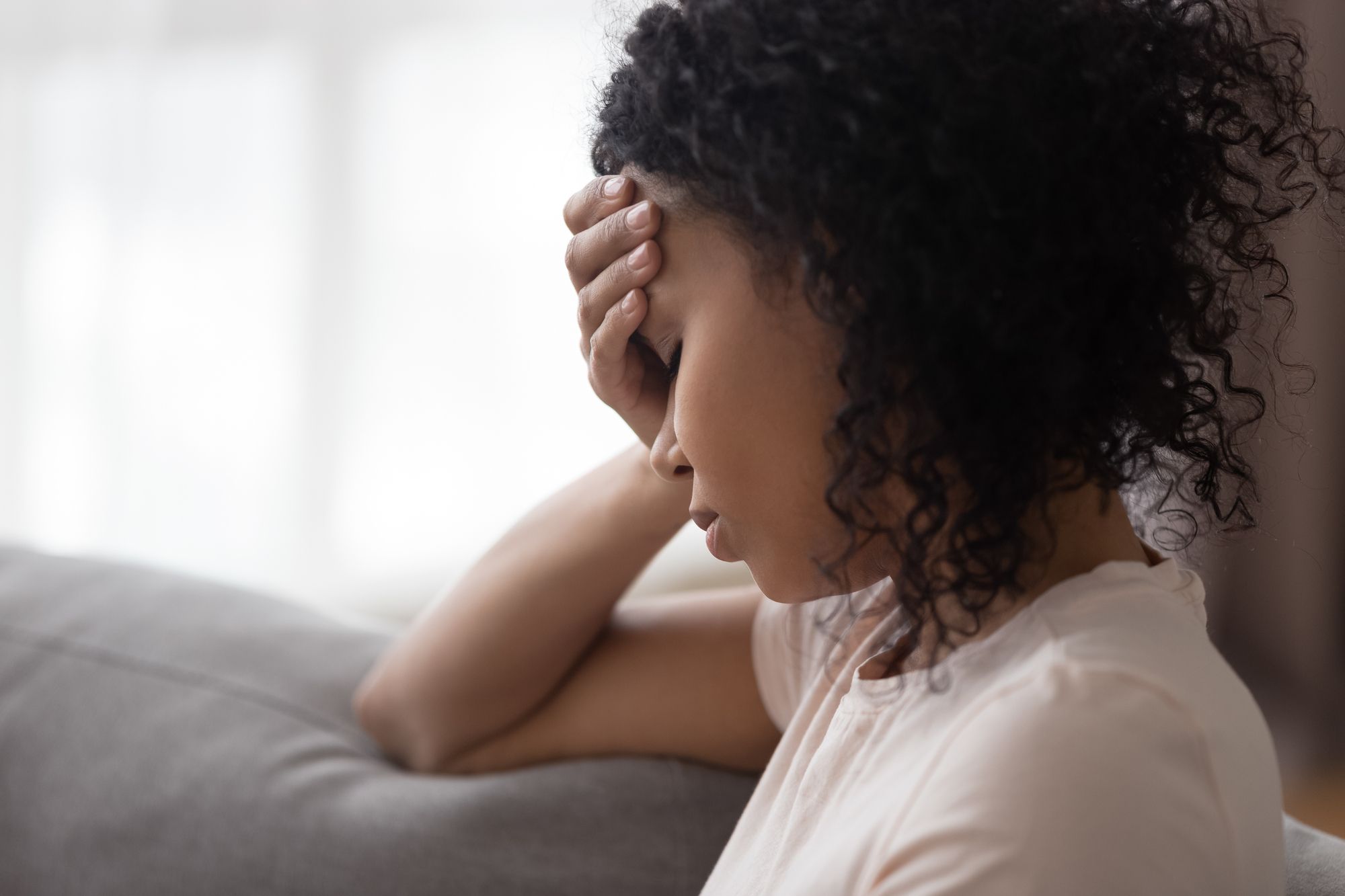Increasing Mental Health Issues Create a Triple Pandemic
By Judith Fales
The Harvard T.H. Chan School of Public Health (Chan School) and the National Alliance on Mental Illness (NAMI) teamed up to present a program entitled, “Mental Health in the Time of COVID-19.” Moderated by Jane Pauley who has written and spoken about her diagnosis of bipolar disease, the panel included doctors from the Chan school, the medical director of NAMI and two NAMI ambassadors — Chris Hubbard of the Cleveland Browns, and actress Dewanda Wise. Both Hubbard and Wise talked about their own struggles with anxiety and depression.
The number of people living with mental or behavioral health disorders in the United States was rising even before COVID struck. However, recent data reveals that two in five people now suffer with a mental illness that has been exacerbated as a result of isolation and fear due to the pandemic. Unlike COVID, there is no vaccine for mental illness.
Teenagers and young adults have been particularly hard hit. We all need social interaction, just as we need food; this is especially true for teens. Remote learning, isolation from friends, and picking up on their parents’ anxiety have been very difficult for this age group. Many young adults are juggling caring for their children, caring for parents, and working from home, with anxiety about keeping their jobs.
In addition to these groups, front line health care workers and first responders are exhibiting signs of posttraumatic stress disorder. They are interacting with COVID patients, frequently being the only ones with patients because family members cannot be there. The strain they are experiencing results in feelings of anxiety and depression. Suicide rates have increased among those in the health care professions, and a growing number of first responders and health care workers say they may leave their jobs when we have finally conquered the pandemic.
We are living in a time of a triple pandemic — COVID, increasing mental health issues, and the pandemic’s disparate impact on the poor and people of color. Fortunately, some positive things that have come from this. More people are talking about mental health and the fact that we cannot have good physical health without good mental health, and there is more information about how to get help. Additionally telehealth sessions with mental health professionals are proving to be very effective, and will likely continue after we have defeated COVID.
The medical director of NAMI says we need a mental health czar in our federal government, the equivalent of a Dr. Fauci. In addition to putting a spotlight on mental health, this would further encourage people to speak out about having problems, as Michelle Obama, Jane Pauley, and the ambassadors who participated in this program have done. It would also empower us to reach out to those we know who show signs of mental illness. Mental health is a “we” problem, not a “they” problem.
Buffalo is home to many great mental health resources and treatment programs, including our own NAMI local chapter, which can be reached at 716-226-6264, or at www.namibuffalony.org.
Judith Fales, MS is writer and an editor of Buffalo Healthy Living Magazine.












